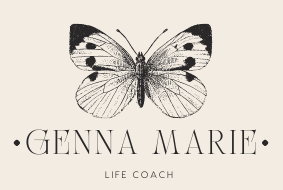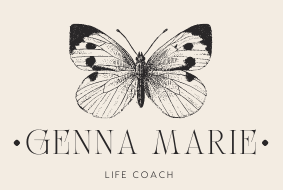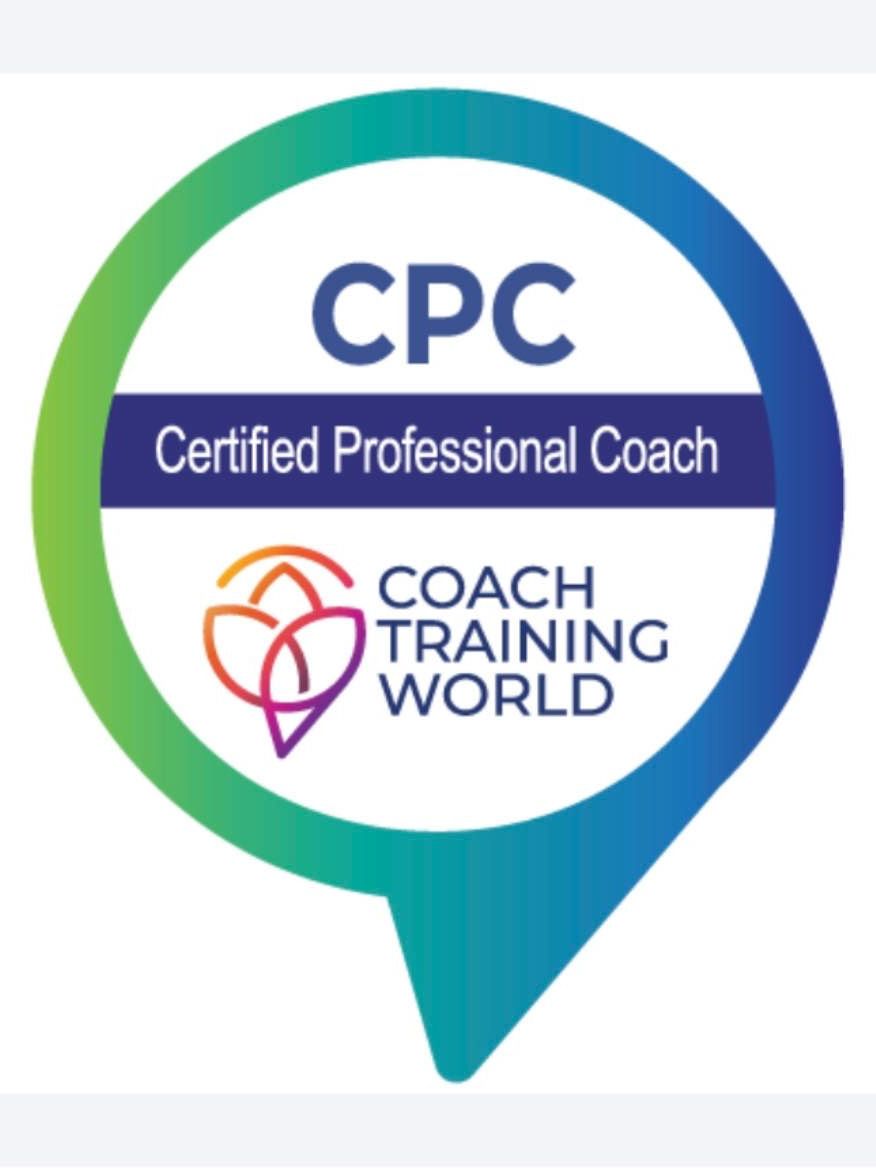Self-Discovery
From Couch to Confidence: The Fun Side to
Self-Discovery After a Breakup or Loss
When life throws you a curveball—whether it’s a breakup, a divorce, or the loss of a loved one—it’s easy to feel stuck, unsure of who you are without the life you once envisioned. But here’s the good news: self-discovery can be a joyful, empowering process that helps you rebuild your confidence and reconnect with the best parts of yourself.
Yes, there will be moments of sadness, and that’s okay. But there will also be moments of laughter, lightness, and growth if you let yourself lean into the journey. Here are some fun, uplifting ways to rediscover you after heartache:
1. Reclaim Your Space--and Your Energy
After a breakup or loss, your space can feel like a museum of memories. Reclaim it by giving it a fresh start! Rearrange furniture, add a bold splash of color, or create a cozy reading corner just for you. Remember, this does not mean you are parting with the happy memories or forgetting about the person no longer present.
2. Rediscover What Makes You Happy
When we’re part of a relationship, we often compromise or prioritize shared interests. Now’s your chance to dive headfirst into the things you love—no compromises required. And if your unsure what it might be that makes you happy start small, visit a coffee shop during a board game night, or find some live music you've wanted to hear or a local sporting event to attend.
3. Get Comfortable with the Awkward "Firsts"
Your first solo dinner at a restaurant, your first vacation alone, or even your first holiday without someone you once loved can feel daunting. But these moments are also opportunities to grow and discover strength you didn’t know you had. You do not need to go all-in at first, perhaps a day trip rather than being far from home, and maybe plan on spending a few hours at a holiday get-together rather than all day.
4. Laugh at Your Own Stories
Breakups and losses come with their fair share of awkward, cringy, or outright hilarious moments. Maybe you sent a text to the wrong person or cried over a TV commercial. Guess what? Those moments are part of being human—and they’ll make for great stories one day. One of my favorite stories happen to be when I was spending time at the hospital with my Grandmother while she was on Palliative Care, as sad as that time was I still look back and have a good laugh at myself.
5. Find Confidence Through Your Comeback
After loss, there’s something profoundly powerful about creating a “comeback moment.” Maybe it’s showing up at an event where you used to feel out of place, rocking a new outfit, or accomplishing something you never thought possible.
6. Lean Into the fun of Reinvention
Think of this as your “next chapter.” You get to decide how it unfolds! Maybe it’s a new haircut, a bold fashion choice, or trying a completely different workout routine. Reinvention doesn’t have to be drastic—it just has to feel good. **Disclaimer I am not encouraging anyone try bangs at this time, I can already hear the angry messages coming at me!**
7. Celebrate Your Strength
There’s nothing lighthearted about grief or heartache, but the way you’ve kept going—sometimes even through tears—is worth celebrating. Confidence grows when you acknowledge how far you’ve come, even if the journey is messy. And let me be the first to say I am proud of you, for your strength and perseverance, this is not easy.
8. Surround Yourself With Positivity
Loss can make you crave comfort. Fill your world with people and things that make you feel safe, seen, and valued. That might mean spending time with a friend who always makes you laugh or binge-watching feel-good movies with zero guilt. Or even looking into the volunteer opportunity you've always thought about trying.
9. Remember: It's a Journey, Not a Race
Self-discovery isn’t about rushing to “get over it” or becoming a new person overnight. It’s about rediscovering the parts of you that were always there, waiting to shine. Take it one step at a time, and don’t forget to enjoy the process. You might be tempted to compare yourself to others and how they might have reacted after a similar event, but remember, no two people are the same and neither and neither is their journey.
Final Thoughts
Moving forward after a breakup or loss isn’t about pretending everything is fine—it’s about finding the balance between honoring your feelings and rediscovering the joy in life. Each step you take, no matter how small, brings you closer to a version of yourself that’s confident, resilient, and full of possibility. Do not be afraid to admit you need help, look to a supportive friend or family member and always I am here for you as well.













